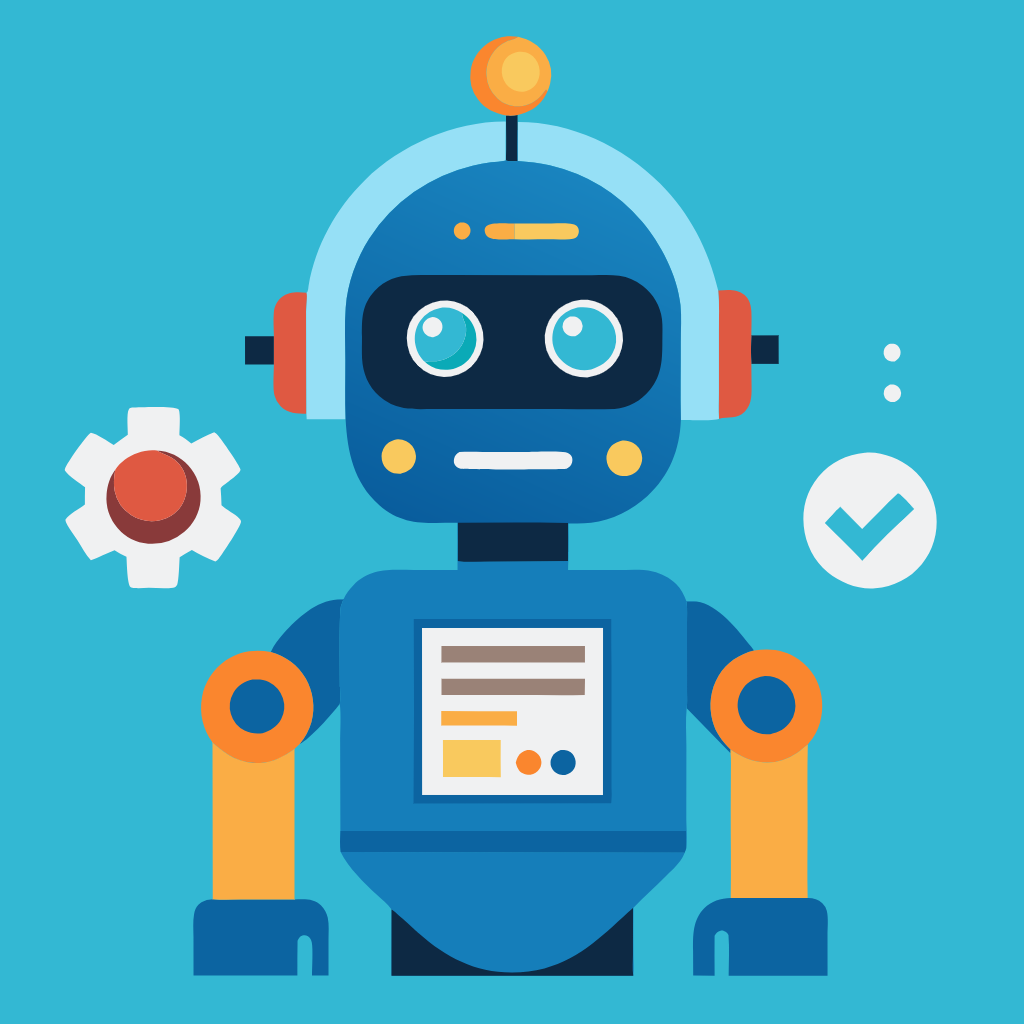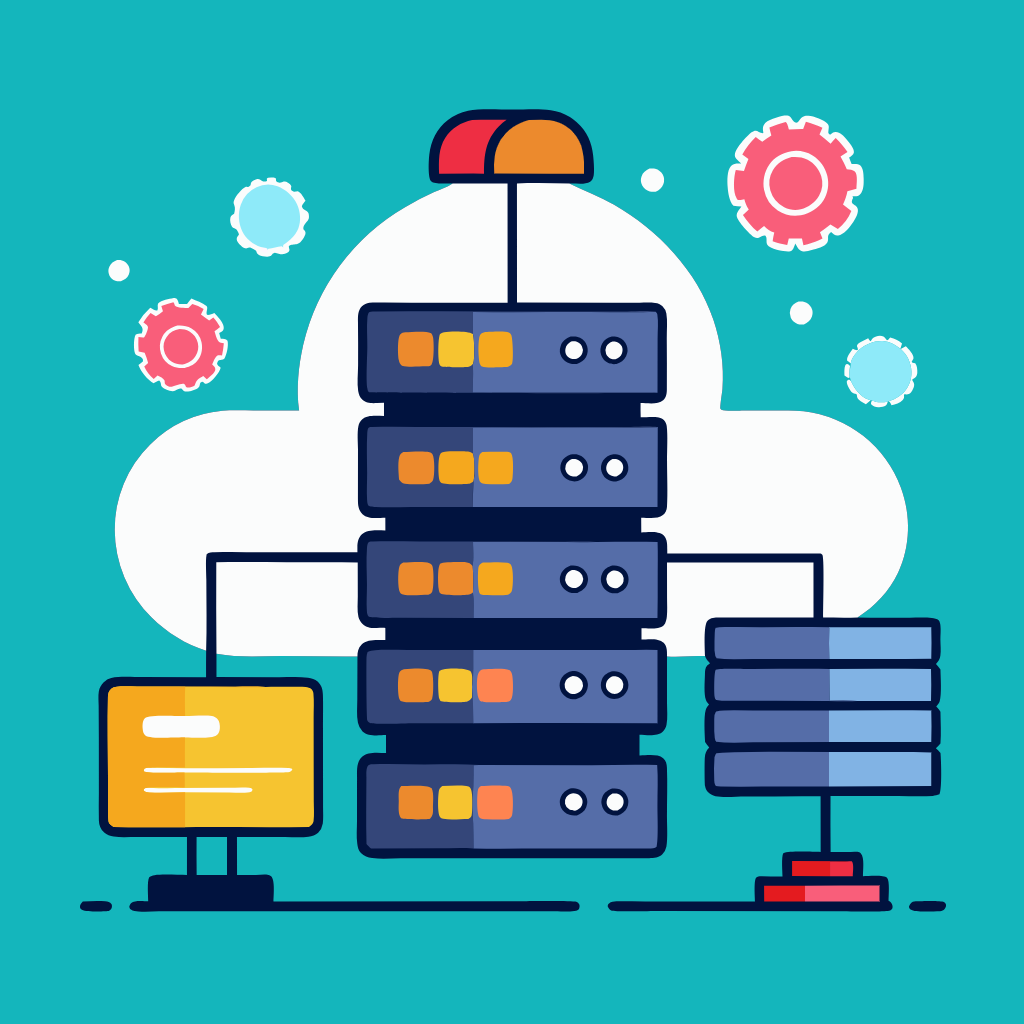Machine learning algorithms have revolutionized the manufacturing industry by providing valuable insights and optimizing various processes. In this blog post, we’ll delve into ten prominent algorithms, their specific use cases, and the types of data crucial for their successful implementation in the manufacturing sector.
1. Random Forest
Use Case: Predictive Maintenance for Equipment
- Data Needed:
- Historical data on equipment performance (sensor readings, maintenance logs).
- Features like temperature, vibration, and usage patterns.
- Labeled data indicating maintenance requirements within a specific time frame.
2. Neural Networks
Use Case: Quality Control in Production
- Data Needed:
- Image data of manufactured products.
- Labels indicating whether a product is defective or acceptable.
3. Support Vector Machines (SVM)
Use Case: Supplier Risk Assessment
- Data Needed:
- Historical data on supplier performance.
- Features such as delivery times, product quality, and communication.
4. K-Means Clustering
Use Case: Production Line Optimization
- Data Needed:
- Performance data of machines on the production line.
- Features related to efficiency and output.
5. Linear Regression
Use Case: Demand Forecasting
- Data Needed:
- Historical sales data.
- Features like time, product type, and market conditions.
6. Decision Trees
Use Case: Root Cause Analysis for Production Issues
- Data Needed:
- Comprehensive data on various factors influencing production.
- Labels indicating specific production issues.
7. K-Nearest Neighbors (KNN)
Use Case: Recommender System for Inventory Management
- Data Needed:
- Historical data on product purchases.
- Features related to customer preferences and product details.
8. Naive Bayes
Use Case: Employee Safety Monitoring
- Data Needed:
- Sensor data indicating safety parameters on the shop floor.
- Labels indicating safe and unsafe conditions.
9. XGBoost (Gradient Boosting)
Use Case: Product Defect Prediction
- Data Needed:
- Sensor data during production.
- Labeled data indicating product defects.
10. Principal Component Analysis (PCA)
Use Case: Energy Efficiency Improvement
- Data Needed:
- Data from sensors measuring energy consumption in various processes.
- Features related to different energy-consuming components.
These machine learning algorithms empower manufacturers to make data-driven decisions, enhance efficiency, and ensure quality in diverse aspects of the production process. The key lies in harnessing the right data for each algorithm’s unique application.
Discover more from Susiloharjo
Subscribe to get the latest posts sent to your email.





